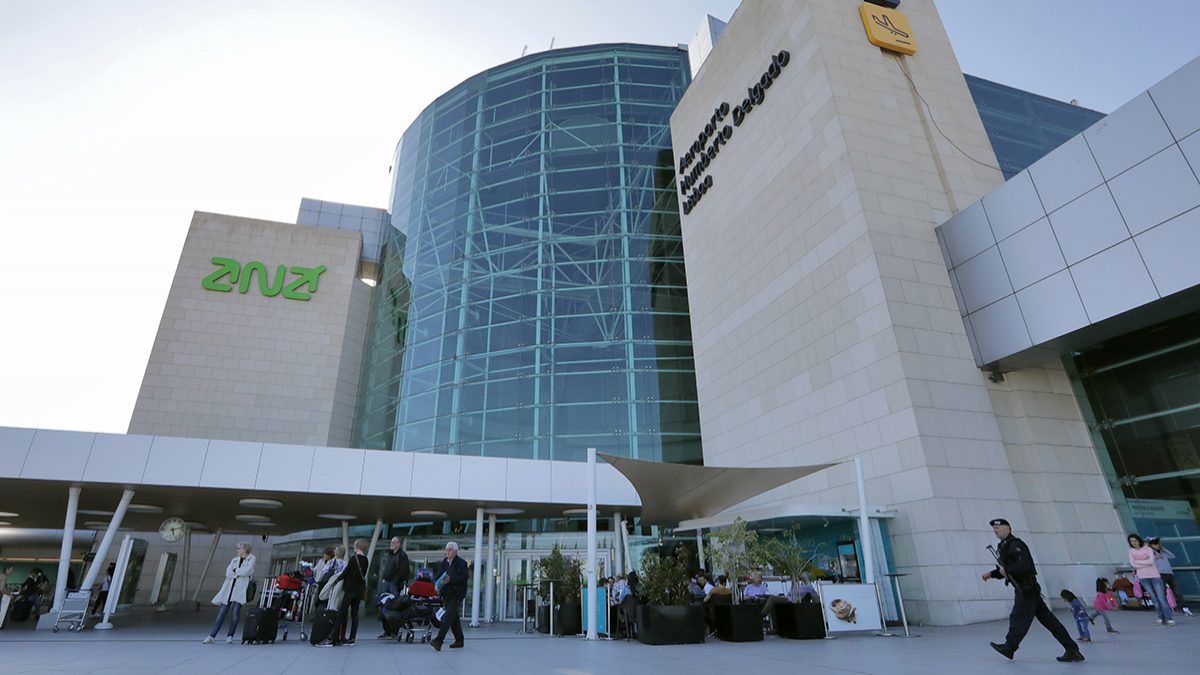Tourism to drive economic upturn, may exceed pre-pandemic level by 2023
The industry is expected to create an additional 3,200 jobs, to reach over one million jobs by the end of 2023.
The World Travel and Tourism Council (WTTC) said on Monday that the travel and tourism sector will drive economic recovery in Portugal, exceeding pre-pandemic levels by 2023.
WTTC, a global business forum for the travel and tourism industry, estimated that next year will see a 4.8 per cent increase over 2019 results and employment in the sector will also exceed the levels of the last pre-pandemic year.
In the WTTC’s latest Economic Impact Report it predicts that the industry’s “total contribution to GDP could reach almost €39.5 billion next year, representing 17.4 per cent of the total domestic economy”.
The industry is expected to create an additional 3,200 jobs, to reach over one million jobs by the end of 2023.
According to the latest WTTC data, GDP associated with travel and tourism is expected to grow annually at an average of 3.4 per cent over the next decade, more than three times the 1.1 per cent growth rate of the country’s overall economy, to reach more than €50 billion (20.2 per cent of the total) by 2032.
On the other hand, forecasts indicate that this sector will be able to create almost 193,000 jobs over the next ten years, with an average of more than 19,000 new jobs per year, reaching more than 1.1 million jobs by 2032.
“After the devastating impact of Covid-19, Portugal is showing a strong recovery and by the end of this year the sector’s total contribution to GDP is expected to grow by 54.7% to more than €35.8 billion, corresponding to 16.2% of total GDP,” the statement read.
“Employment in the sector [in 2022] is expected to grow by 5.6%, to reach more than 953,000 jobs,” the same note adds.
According to WTTC’s partner in data analysis, ForwardKeys, “the latest flight booking data shows a promising summer” for Portugal, as “flight booking data shows that it is set to be the fourth most popular European destination this summer, with a 179% annual increase in international arrivals.”
The data shows flight bookings surpassing pre-pandemic levels, with bookings from the US, Netherlands, Denmark, and Germany increasing by 41%, 36%, 29%, and 11% respectively.
The report noted that the sector’s total contribution to GDP accounted for 17.1% (€37.6 billion) in 2019, dropping to just 8.7% (€17.4 billion) in 2020.
The sector was also responsible for more than a million jobs, “before the pandemic put an end to international travel, resulting in a loss of 160,000 (15.6%), falling to 850,000 in 2020.”
The document stresses that 2021 saw the start of recovery in this sector, as it rose 32.6% year-on-year to reach €23.1 billion. However, the recovery in jobs was slower, with only 50,000 jobs created, reaching a total of 900,000.
The world tourism body maintained “that the sector’s contribution to the economy and employment could have been higher were it not for the impact of the Omicron variant, which led to a wobbly recovery across the globe, with many countries reintroducing severe travel restrictions.”


